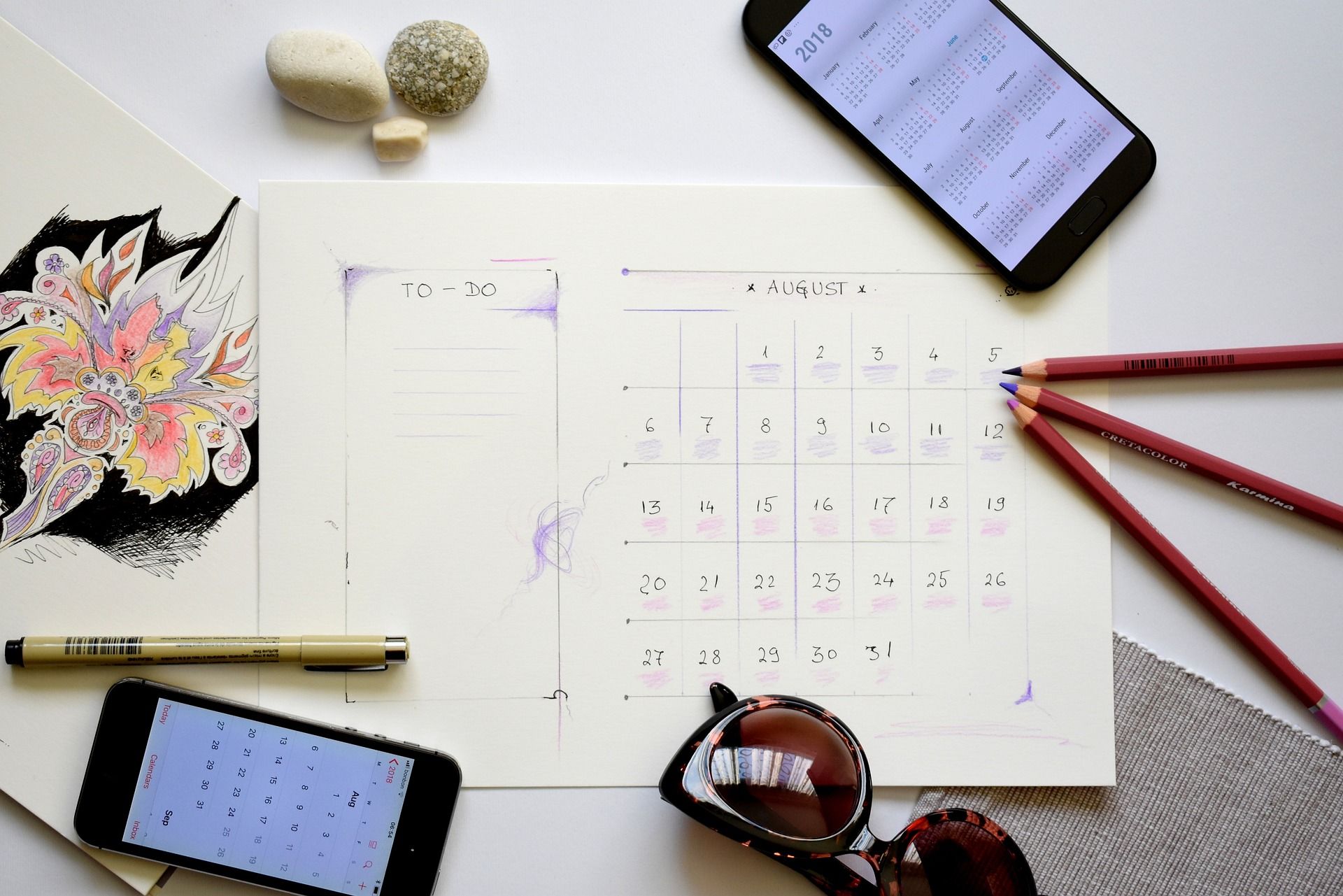How to Plan the Perfect Study Schedule
To achieve success in your studies, it will take time, dedication, and focus to gain the positive results you desire.

So you want to start taking your studying seriously? Well, the best way to make your studying a priority is by creating a study schedule and sticking to it. Remember, consistency is key. Once you have your schedule completed and looking pretty, it’s time to get started and follow the plan you have set for yourself.
Time management is an important skill in adult life, so during your student days, you must begin to organize your time effectively and prioritize the tasks and deadlines that need to be done. To achieve success in your studies, it will take time, dedication, and focus to gain the positive results you desire.
Where to start?
But where do you begin? The internet is flooded with aesthetically pleasing color-coded schedules but does it have to be elaborate or is a simple timetable the best way to go? Is it better to have a paper schedule or a digital schedule on a phone app? Plan for the short-term goals or the long-term goals. Read on for some top tips on planning the perfect study schedule.
Before you start, it’s important to make an extensive list of everything you have to do, whether that’s for the semester, the year, or the month. Planning for the long term is necessary because you need to know what deadlines you need to work towards in the short term. Write it all down on a piece of paper, it doesn’t need to be organized, it just needs to be written. Then, once you have the things you need to do, the dates of exams and the classes you are taking, you can put it together in an organized way.
Plan, plan, plan
Next, work backward from your deadlines or exam dates and see how long you have to study. Work out on the calendar how many hours a week you can dedicate to your studies by first filling in your other activities. You may want to print out a template of a weekly calendar online or similarly put it into a digital calendar on your phone.
Once you have filled up your day with your classes and activities, find a segment of time that works for your studies. Consider what type of student you are, do you study better in the evening or do you prefer to get your studying session in before you start your day? Block out a time each day to do your reading or revision for exam preparations.
Other great tips
Some other great tips are to prioritize subjects or topics that you know you need to study more and continuously change what you are reading, but be sure to return to the material you have already covered to improve your memory retention closer to exam time. Another thing to consider is adding the Pomodoro technique to your study schedule. Giving yourself breaks and having shorter blocks of time studying will increase your concentration and motivation to do it. Studying can be stressful, so don’t be so hard on yourself if you skip a session, just rearrange it for another day.
Be creative
Everyone learns differently, so don’t just stick to one type of study. Maybe you can create some flashcards to help you remember key dates in history, create a rhyme or song to help you remember the periodic table, or use different highlighter pens if you have a photographic memory. Use your individual skills and strengths to design a way of studying that works for you.
The perfect schedule
Everyone’s perfect study schedule will look a little different. But as long as you organize it in a way that suits your lifestyle, you will see the positive results and success you desire. Remember to start with the long-term plan, block out study time around your other activities, always go back and relearn what you have already revised, and take breaks when you need them.
